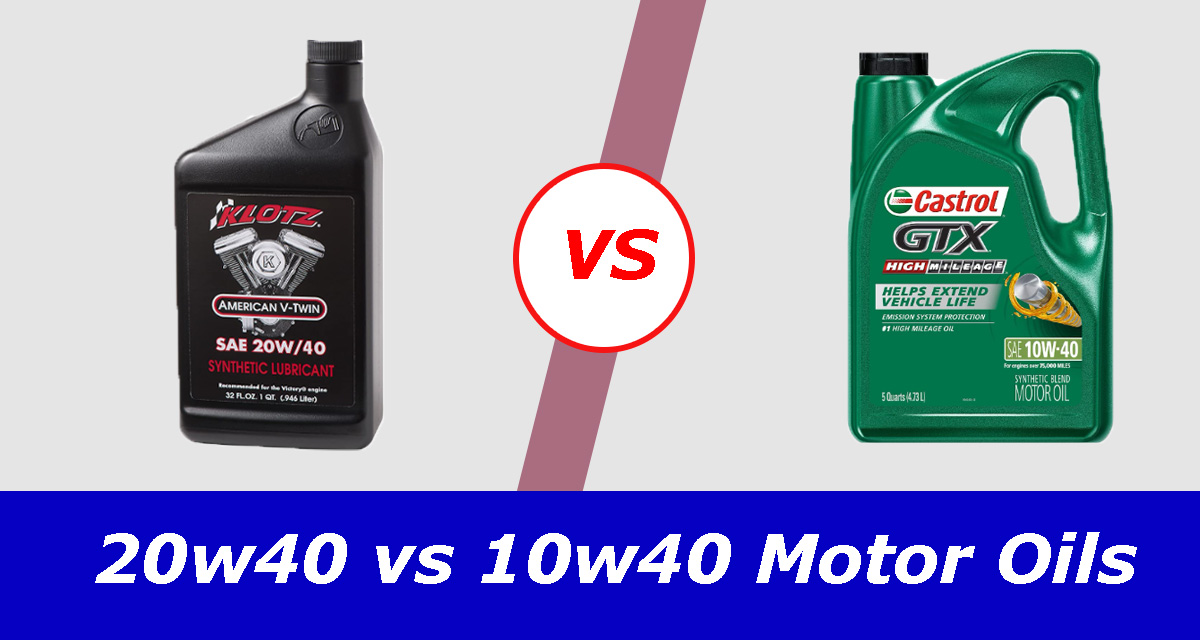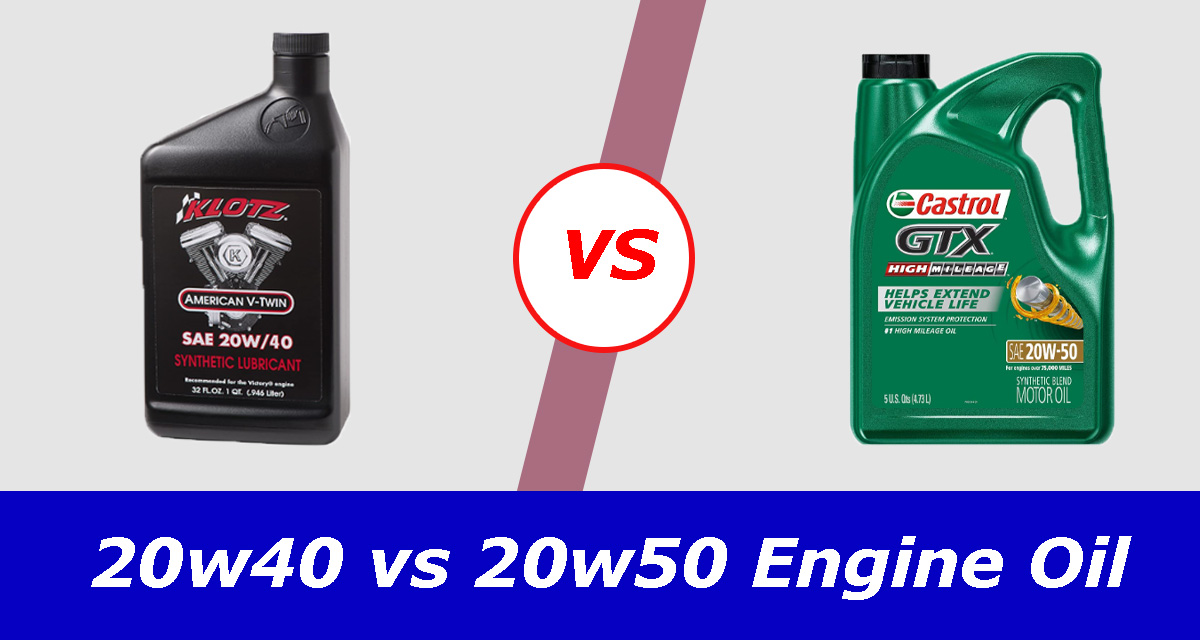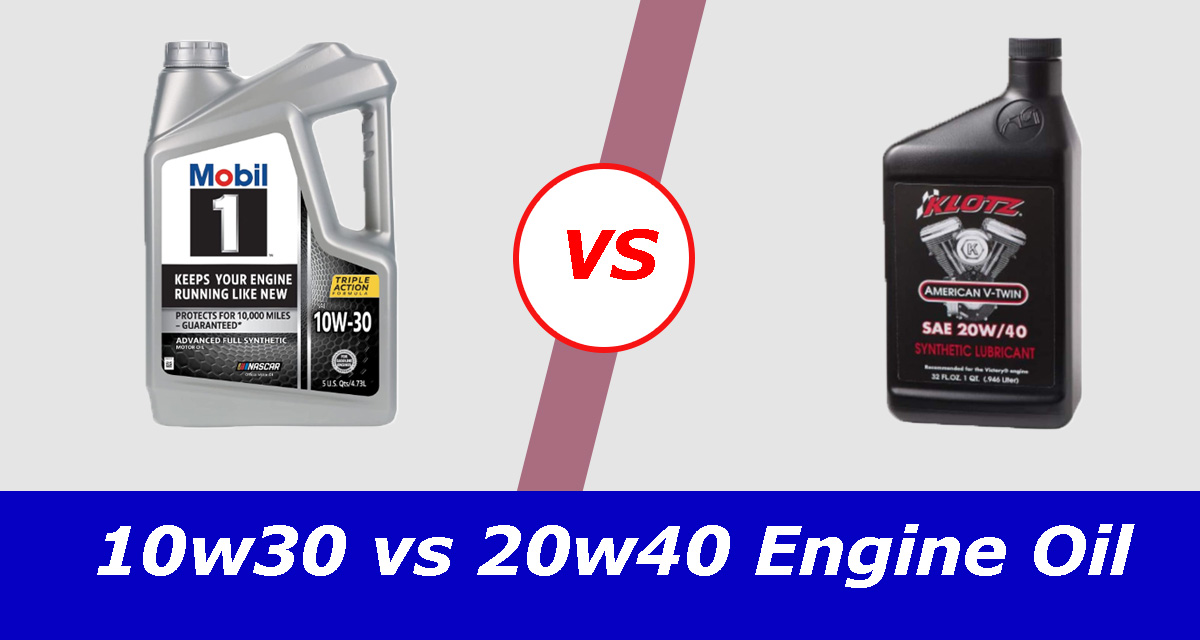Have you ever been wondering whether you can use some high-mileage oil in a low mileage car? Well, you are not the only one. It is indeed a question that a number of car owners ask when in need of some engine oil. Though a low mileage car is not supposed to be “damaged” by using a high mileage oil, there are some things that should be considered before taking such a step.
In this article, we have discussed some major characteristics and functions of high mileage oils, the pros and cons of high mileage oils, and the consequences of using a high mileage oil in a low mileage car.
All the topics have been selected considering the common interests regarding high mileage oils so that the readers can find some important information and make the best use of them.
What is High Mileage Oil?
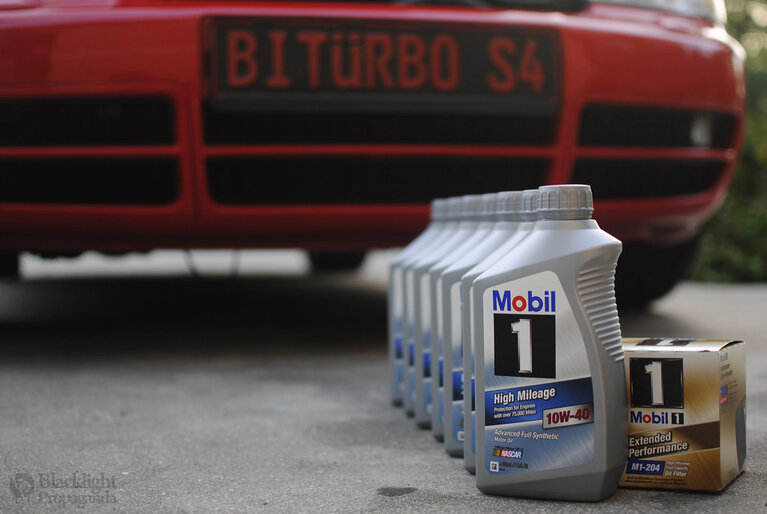
As we can guess from the name, high mileage oils are a certain kind of engine oil that is made to deal with the particular problems that a high mileage car faces. To support cars with 75,000 miles and more, high mileage oils are loaded with some special ingredients like seals, swells, detergents, conditioners, wear and friction additives, antioxidants, and more.
All of these ingredients contribute to restoring the shape and improving the flexibility, which minimizes leaks in the long run. Also, it helps to reduce smoke, carbon emissions, and oil consumption in older vehicles.
How Does High Mileage Oils Function?
Just like multi-vitamin tablets and supplements boosts our health, high mileage oils boost the performance and efficiency of an old vehicle. It helps to rejuvenate the worn-out parts of vehicles and old cars.
The seal conditioner in a high mileage oil helps to rejuvenate and open seals of old vehicles, It ensures that less oil is seeping out of the engine. Oil consumption reduces in the consequences, resulting in a less amount of oil change and engine problems.
High mileage oils consist of a number of additives, anti-oxidants, and detergents which help to minimize wear and tear, as well as reduce friction between the old parts. This is highly helpful for engine parts, especially the ones that have already passed their prime time.
The oil also helps the engine components to get rid of grime and sludge, which accumulates in an engine over time. Eventually, the engine stays clean and is able to fight against engine breakdown. As the oil boosts the engine’s flexibility, the mileage output of the car increases naturally.
You also might be interested: Can You Mix High Mileage Synthetic Oil With Regular Synthetic Oil
Which Vehicles are Mostly Reasonable to Use High Mileage Oil?
High mileage oils can largely benefit vehicles that have traveled plenty of miles over years. If a vehicle shows 75,000 miles on the odometer or more, then it is perfect to go with a high mileage oil.
It can also be a good idea to apply high mileage oils to worn-out cars covering less distance considering there is no traffic jam. They help to repair engine seals that decay and corrode with time. Thus, the engine can work at maximum potential.
However, there are some indicators that specifically dictate that a car should use high mileage oil. They are:
- If you take out the car after a long period and notice oil spots on the place you parked it, then something must be wrong. The oil stains dictate that your car’s engine parts have been loosened. It hurts the functionality of your engine. A high mileage oil can help you in such a situation.
- If you have a look below the hood and then smell oil or stains on the engine, then it would be a wise idea to go for a high mileage oil.
- If you notice that your engine is making a loud noise which is not usual, then it’s time to shift to thicker engine oil. This rattling sound is nothing but an indication that your engine is turning old and needs some extra care.
If you are really dedicated to protecting your vehicle and improving its performance then you must adopt improved maintenance techniques. Among the right initiatives you can take, you can consider switching to a high mileage oil which will ensure better health for your car.
Pros and Cons of using High Mileage Oils
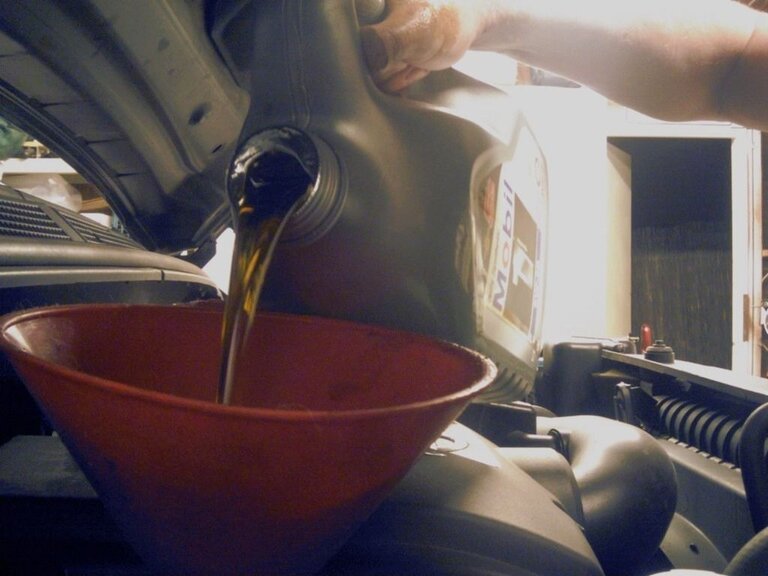
Using a high mileage oil in a low-mileage car has both its benefits and drawbacks. Some of the benefits of using a high mileage oil are given below:
Increased mileage:
Older cars are prone to burn-offs, and they leak more oil compared to new cars. A high mileage oil can protect burn-offs and thus increase mileage.
Less Damage to the Engine:
Older engines easily collect sludge and dirt, which come as leftovers from other motor oils. A high mileage oil helps to dissolve and break-up the dirt and sludge.
Increases Engine’s Longevity:
Cars that have traveled a lot face more damage compared to new cars. High mileage oils have a number of components that protect the engine parts and ensure the engine’s longevity.
There are not any major downsides of using a high mileage oil. However, you need to remember the following two facts before switching to a high mileage oil:
High Mileage Oil is More Expensive:
Good things always come at a cost. The case is no different for a high mileage oil. Most of these oils are a bit costly compared to the other options you have.
There’s No Going Back:
A major issue with high mileage oil is, that you can’t just switch back to the regular options. When you use a high mileage oil, the additives start conditioning the engine seals and work on bringing them back to life. Switching back to a regular oil can cause the engine seals to shrink once again, resulting in the engine having even more leaks.
What Can Happen from Using a High mileage oil in a low mileage car?
Gladly, no major harm can be caused by using a high mileage oil in a low mileage car. However, when you do so, you cannot expect some significant improvement either. High mileage oils are specifically designed to address the issues faced by older cars running for 75,000 miles or more. So, using a high mileage oil in a low mileage vehicle will not be much beneficial indeed. Rather the extra money you need to pay for a high mileage oil will go totally wasted.
However, a high mileage oil can work as a preventive measure for decreasing an engine’s wear and tear. The excess amount of conditioners and additives protects engine parts and boosts their durability.
Recommended oil for high mileage cars
It’s tough to recommend some specific oils for high mileage cars among the diverse range of options available in the market. When choosing such engine oil for your car, you need to consider a number of things including the car’s mileage, normal driving condition, and definitely, your budget. However, if you are still looking for some specific recommendations, the following few options can be safe to go:
FAQ
Will High Mileage Oil Hurt A Low Mileage Engine?
A high mileage oil cannot hurt a low mileage engine. However, it can not bring any significant improvement either. These oils are specially made for older cars running for more than 75,000 miles, so it will not bring you some extra benefit but rather waste the extra money you are spending on it.
Is High Mileage Oil Bad For A New Engine?
A high mileage oil cannot hurt a low mileage engine. However, it can not bring any significant improvement either. These oils are specially made for older cars running for more than 75,000 miles, so it will not bring you some extra benefit but rather waste the extra money you are spending on it.
Does High Mileage Oil Really Make A Difference?
High mileage oils help to get better mileage, minimize damage, and increase an engine’s longevity. However, the oil can really make some difference only when it’s applied on a high-mileage car. Only for cars that have traveled more than 75,000 miles, applying high mileage oil can be a sensible option.
The Final Verdict
According to the discussions presented in this article, we can conclude that high mileage oils do not cause any significant harm when applied to low mileage cars. However, it is not actually beneficial to use a high mileage oil in a low mileage car since these oils are specially formulated to solve problems faced by older and high mileage vehicles.
In addition to this discussion, the article has contained a great deal of important information regarding high mileage oils. We hope that the discussion was helpful enough to answer all your queries. If you have any suggestions or confusion, please reach us and we will try to address them as early as possible. Meanwhile – stay safe, and ride responsibly!


